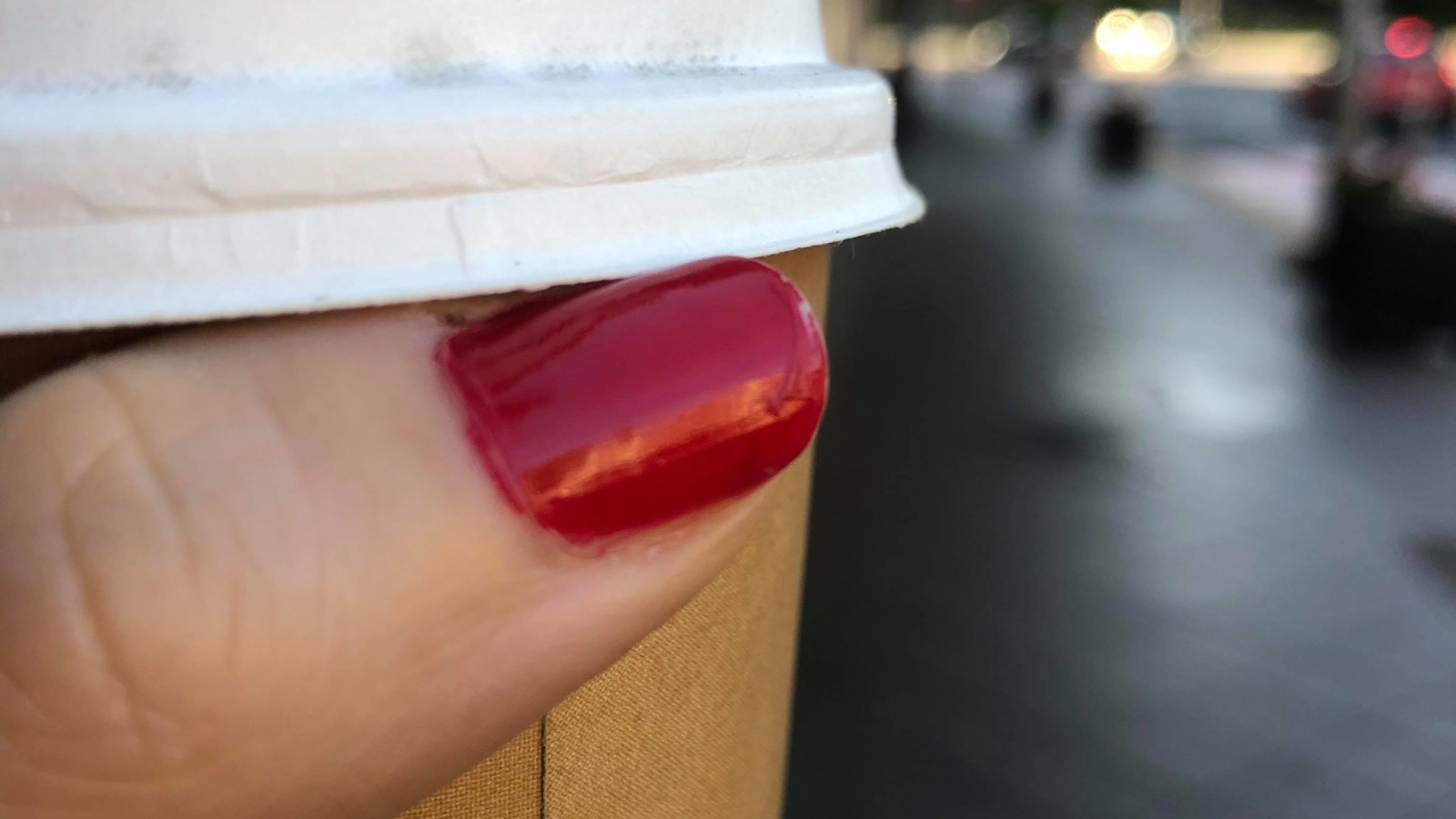In December 2020, I returned to Sydney to embark on a personal journey like no other that I had taken. With the love, support and prayers from friends around me, I had faith that I would realise all that I set out.
I was living in an area known as “The Cross” formerly renowned for the underworld’s John Ibrahim, the ladies of the night who formerly lined Victoria Street and the rowdy late night clubs had now become somewhat gentrified residential zone sending property prices soaring. However, there were still visible elements of that underbelly – the drug use, homelessness and prostitution even though this was now somewhat concealed and regulated.
My golden mile was walking the strip from my home down Victoria Street to Orchard Street, my favourite local juice bar and coffee stop. In a post COVID world, the magic was not quite the same as the countless hours that I had spent there writing Six for Santiago over 2016 – 2017, yet I still enjoyed this Sydney morning ritual. I would walk past a number of coffee shops, including the spot of the former Darlinghurst institution, Bar Coluzzi, owned by the Coluzzi until 1999 – that was no longer, with the local group of European men – either in business or retired chatting on the crates that used to be out the front, now relocated to at a newer coffee a couple of stops down. Same faces every morning, and the pets, enjoying their coffee.
Of these faces, was one of the local homeless men. He would sit in the window or on the step of a vacant shop asking for change – something that I always thought would be more of a challenge in a cashless society. I stopped to ask him if I could buy him a coffee instead – as I did not carry cash. He accepted.
Sydney was a hard enough city with a warm bed and food on the table – I remember being a young girl from Perth almost being knocked over by the pace that people moved on my way to my first job interview in the big smoke. And then I too had hustled in life – and was blessed that I always had money for a coffee – even more of a treat when my dad would leave me change or make a small transfer to my account and say, “buy yourself coffee.” It may be a small gesture however it made me feel so loved and supported. The next day I saw the homeless man, in his usual spot and I again offered, this time he declined. I felt somewhat rejected, that he did not accept reminding me that it makes the giver feel good when we learn to give thanks and receive.
Days later, he spotted me again, and called out – saying that he could really use a coffee. I again stopped, this time asking his name for the order. A flat white with one sugar for Josh, I ordered, paid and continued on my day.
Was I now expected to buy him a coffee every day that I saw him there? How could I just walk past? My mother who is grounded in faith, spirituality and Christianity advised that of course I should – when I lived in such comfort, we should give as much as we can to those in need. And it is true – here I was more than comfortable with what I have – which was a lot more than I had when I moved to this city as a 21 year old. And I too understood the feeling of wanting to sleep under a bridge – when dealing with the pressures (often one’s own) to succeed – and I was blessed with the most amazing friends and family every step of the way. Something that after having taken the journey that I had been on for the past four weeks, I valued even more – gifts, gestures of love and support.
The next time I saw him, I was in a rush and the coffee shop’s EFTPOS was down – I said I would buy him coffee on the way back, however he was no where to be seen. The following day, I decided to pack him some treats – some crisps, chocolates and muesli bars that would keep. He peered into the bag I offered him and declined. Again, I felt slighted, and turned to my mother again for counsel, who reminded me that sometimes, it is difficult to accept help.
Days passed and I had not seen him – in fact, I was somewhat relieved as I did not know how I would feel about buying him another coffee, after my last offering had been declined.
Then, about a week later, walking home from dinner, I saw Josh, crouched with a beer – seemingly high as a kite. Perhaps he did not recognise me as I was not wearing my usual yoga attire for my morning walk, however this time he did not call out or say hi – as he stared into emptiness.
But who am I to judge his vice?
Didn’t I have my own luxe caffeine fix every morning at Orchard Street? I could have bought myself a fair few coffee machines with my own little habit.
Homelessness has been a philanthropic passions of mine from the time worked a Member of Parliament’s office as a student – a woman walked in with a young son with no where to go, shelters were full. It was a Friday afternoon and I made it my mission to find here somewhere to stay. It was then that I realised that I had never known hunger or what it was like not to have a home. It lead me to raise money for Mission Australia – trekking the Great Wall of China as part of the challenge. But what had I really done since? Apart from buying some coffees, pies, brioche or the poor guy who got the health food supplies outside Kakulas in Perth, what had I really done to change this systemic issue?
Many years ago as a student in Sydney, on my mornings to work, I would walk past a homeless man whose story to homelessness was that he was embroiled in estate litigation with state government departments . I remember feeling so grateful for all that I had then and offering him my coffee money – only to find that ten years later, when I returned to Sydney – he was still sitting on that street corner.
I had later worked at the Mental Health Law Centre (in Western Australia) where I saw the links between mental health and homelessness. And more often than not, my clients simply needed to be listened to, to have their story heard.
In more recent years, while I had been hustling with my business and, on somedays, where I felt I had the least to give, I stopped to talk to a couple on the streets who told me that their blankets had been stolen. All I had were the remains of my lunch that day – two boiled eggs and some bread, and celery sticks. The couple were so pleased that I had acknowledged them and not just walked by, as they said most people do. I recalled that on the camino, we were all pilgrims walking a path and would never walk past someone who had stopped or looked like they were having difficulty without asking if we could help. The couple graciously accepted the simple food and water. I wish I could have returned with blankets for them. Who steals a homeless person’s blankets?
Yet I felt a sense of discomfort. I actually now belonged to a privileged group of people and from my position, felt that I could be doing more to impact society.
Recently, a friend shared with me that he accompanied his friends to a BLM protest in Europe. At the end of the protest, when they were walking home, some coloured people stopped to thank the so called “social justice warriors” for campaigning moments earlier and instead of stopping to find out their story, the continued walking.
I had refused to post #blm, a black square, rainbows or #metoo on the principle that change requires more than a social media post or tag. That, in words of Lieutenant General David Lindsay Morrison AO, the standard you walk by is the standard that you accept and that real change requires real action, and while I did not just walk by, was my act simply justifying my own indulgences?
Had I become the arm chair activist, the slacktivist that I despised when I have the power to change and influence so much more?
Was it a kind act, or – is it slack?


